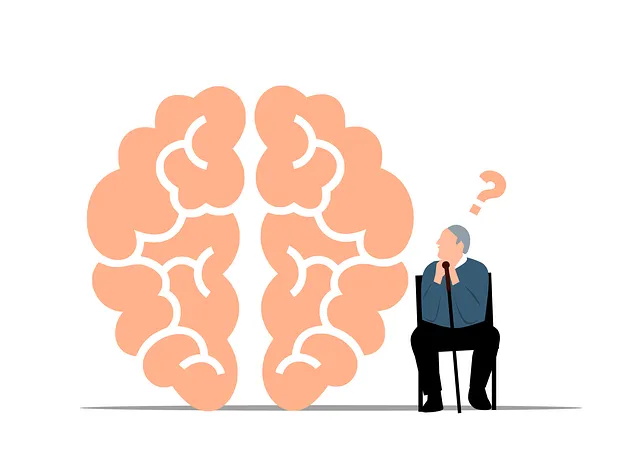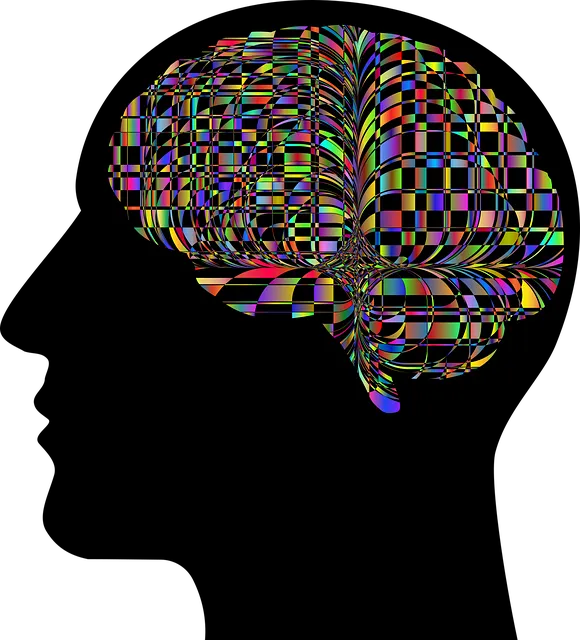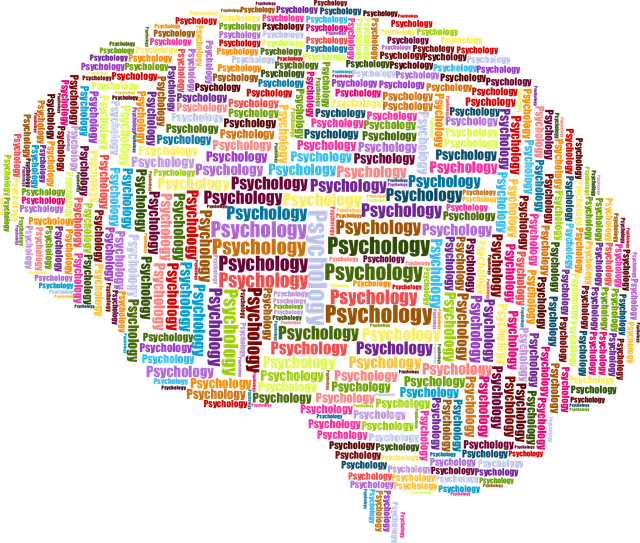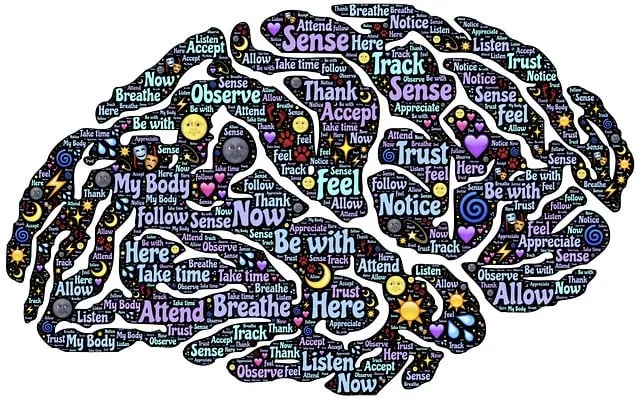The Centennial Kaiser Permanente mental health department leads the way in enhancing diagnostic accuracy and patient care through a multi-faceted approach. They integrate advanced assessment platforms with AI, sophisticated psychological evaluations, neuroimaging, and digital health assessments to gain deeper insights into patients' conditions. Additionally, they invest in emotional regulation skills training for staff and continuous education opportunities, focusing on areas like Emotional Intelligence and mindfulness meditation. This holistic strategy ensures precise diagnoses and tailored support for emotional well-being, positioning the department as a pioneer in mental health care innovation.
The accuracy of mental illness diagnoses is paramount for effective treatment and patient outcomes. This article explores efforts to enhance diagnosis accuracy at the Centennial Kaiser Permanente mental health department, a leading healthcare institution. We delve into three key strategies: advanced diagnostic tools and training for professionals, standardization through consensus conferences, and integrating patient perspectives with culturally responsive care. By implementing these innovative approaches, Kaiser Permanente aims to improve diagnostic reliability, ensuring better care for all patients.
- Enhancing Diagnostic Tools and Training for Mental Health Professionals
- – Exploring the role of advanced assessment techniques and continuous education in improving diagnosis accuracy.
- – Discussing innovative tools like AI-assisted diagnostic aids and their potential impact on clinical decision-making.
Enhancing Diagnostic Tools and Training for Mental Health Professionals

The Centennial Kaiser Permanente mental health department has been at the forefront of enhancing diagnostic tools and training for professionals in the field. Their efforts focus on leveraging cutting-edge technology and research to improve the accuracy of mental illness diagnoses. One significant initiative is the implementation of advanced assessment platforms that integrate artificial intelligence, allowing for more nuanced and comprehensive evaluations. These tools not only aid in identifying symptoms but also predict potential treatment outcomes, empowering healthcare providers with valuable insights.
Additionally, Kaiser Permanente has invested heavily in training programs aimed at improving emotional regulation skills among mental health professionals. Through workshops and ongoing educational sessions, staff are equipped with the latest techniques for detecting subtle emotional cues and understanding complex psychological interactions. This holistic approach, coupled with a robust Community Outreach Program Implementation, ensures that patients receive not just accurate diagnoses but also tailored support for their emotional well-being promotion techniques.
– Exploring the role of advanced assessment techniques and continuous education in improving diagnosis accuracy.

The quest for enhanced mental illness diagnosis accuracy at institutions like the Centennial Kaiser Permanente mental health department numbers from a multifaceted approach. One key strategy lies in adopting advanced assessment techniques that go beyond traditional methods. By integrating innovative tools and technologies, professionals can gain deeper insights into patients’ experiences, behaviors, and underlying emotional landscapes. These techniques may include sophisticated psychological evaluations, neuroimaging scans, or digital health assessments designed to capture nuanced information not readily apparent through conventional means.
Moreover, continuous education plays a pivotal role in this pursuit of excellence. Equipping mental health professionals with the latest knowledge and skills in areas such as Emotional Intelligence, mindfulness meditation, and emotional healing processes empowers them to make more informed diagnoses. Regular workshops, training sessions, and peer-to-peer learning opportunities ensure practitioners stay abreast of emerging research and best practices, ultimately leading to improved accuracy and patient outcomes.
– Discussing innovative tools like AI-assisted diagnostic aids and their potential impact on clinical decision-making.

The Centennial Kaiser Permanente mental health department has taken a pioneering approach to enhancing diagnosis accuracy with the integration of artificial intelligence (AI) tools. By leveraging AI-assisted diagnostic aids, the department aims to revolutionize clinical decision-making processes. These innovative systems utilize machine learning algorithms and vast datasets to analyze patient symptoms, medical history, and behavioral patterns, providing mental health professionals with evidence-based insights. Such technology has the potential to reduce human error, increase diagnostic precision, and improve patient outcomes, especially in complex cases where traditional methods may fall short.
The implementation of AI aids aligns with efforts to enhance healthcare provider cultural competency training, as these tools can help address biases and promote more inclusive assessments. Moreover, it contributes to public awareness campaigns development by offering a data-driven perspective on mental health issues, empowering individuals to seek support earlier. Additionally, the focus on AI integration complements coping skills development programs by providing professionals with advanced resources to tailor treatment plans effectively.
The pursuit of enhanced mental illness diagnosis accuracy is a continuous journey, especially with the evolving nature of healthcare. At the Centennial Kaiser Permanente mental health department, efforts to improve diagnostic tools and training are pivotal in ensuring effective treatment outcomes. By embracing innovative techniques such as AI-assisted diagnostics, professionals can navigate complex cases with increased confidence and precision. This comprehensive approach, coupled with continuous education, holds the key to transforming mental healthcare, ultimately benefiting patients across the nation.






